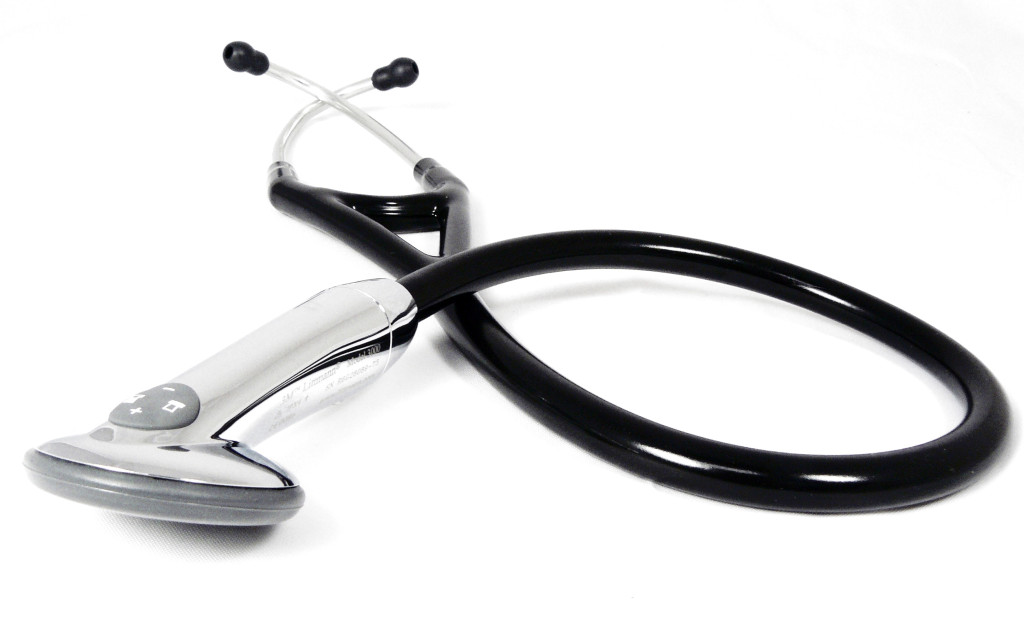Dr Umaru Habila, an Orthopaedic and Trauma Surgeon, has warned against patronage of traditional bone setters relating to fracture management, saying they constitute more problems than blessings to the patients and orthopaedic practice.
Habila, a Chief Consultant and Associate Professor at the National Hospital, Abuja, gave the warning in an interview with News Agency of Nigeria on Monday in Abuja.
The consultant said medicine was based on scientific background, which the traditional bone settlers lacked, as they claim their practice as being inherited from their grandfathers or fathers.
He said: “If you are treating these fractures, you have to have some knowledge of anatomy and physiology, which is how the blood goes there and how it comes out, the nerve there, the bones, the flesh and soft tissue there.
“It is not just the bone that is broken, but everything there might have been injured.
“So, they have to be handled with utmost care.
“That is when you are treating them in the orthodox way.
“But what we found out with traditional bone setters, every injury is the same and the treatment is just grab it, put a tight slit around the affected part of the limb, either the hand or the leg.
“The treatment is just getting some sticks, tie them together.
“Unfortunately, what happens if the tie is tight, blood fails to flow to the part away from where they have tied it.
“And so the limbs goes gangrenous and once there is no blood supply to any part of the body, that part dies off.
“That is the major challenge.”
According to Habila, the major challenge with traditional bone setters is when the injuries result in complications.
He said: “Most of the time, they get hooked up and send them to the hospital and when such a person gets to the hospital, the unfortunate thing is the limb would have died.
“The living has nothing to do with the dead.
“The dead part will have to go off (be amputated).
“Now the hospital will be accused of always wanting to cut parts of a person’s body even though the damage has been done by the traditional bone setters.
“And now to save the life of the person, that part has to go.”
The surgeon, however, called on the three tiers of government to provide enabling environment for the traditional bone settlers to have basic knowledge of anatomy and physiology in addition to their skills.
Habila said the knowledge would help them to detect their limitations and also if there are any problems that could lead to complications.
He said: “Like typically, if the slit is too tight and blood is not flowing there, we should teach them how to recognise that.
“We should teach them to relax it and allow blood go there and the limb will be saved or when they foresee problem, they can quickly refer it to a hospital, specialist who can now take care of it, rather than leave it until it’s too late and it ends up in amputation.
“They are supposed to serve good purpose, but they don’t have the knowledge to actually work meaningfully to the maximum benefits of the surgeons.”
In addition, Habila said the traditional bone setters with the necessary knowledge could complement the effort of orthopaedic surgeons.
He said: “We know in this country there is shortage of Orthopaedic surgeons.
“Like in Adamawa, there are only two orthopaedic surgeons covering about three to four million population.
“These two surgeons are located only in Yola.
“So that means the traditional bone setters still serve the population.”
NAN.
Traditional bone setters constitute problem than solution — Orthopaedist
Previous ArticleCambodia confirms first case of coronavirus
Next Article Police arrest 800 suspected cult members in Lagos


